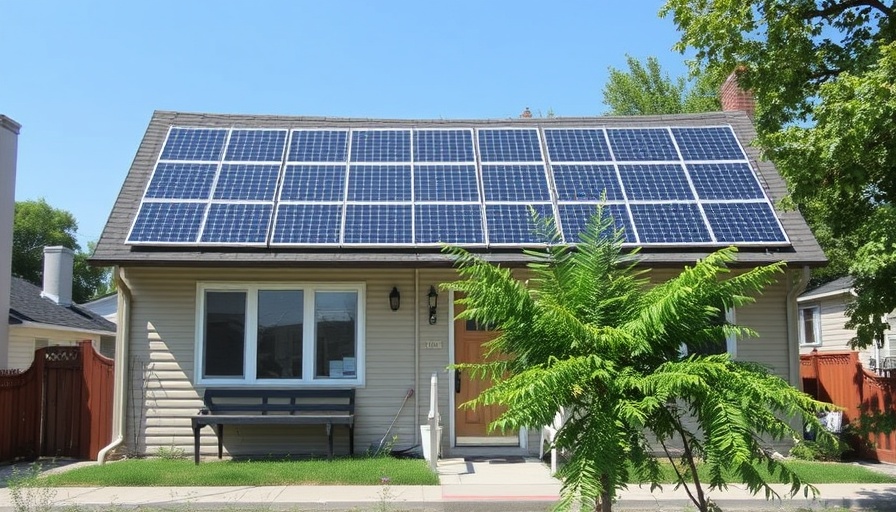
Why Ignoring Permits Can Be Costly
In the bustling metropolis of New York City, solar energy is emerging as a beacon of hope for homeowners looking to cut down on energy costs and reduce their carbon footprint. However, a recent incident sheds light on a critical aspect of solar installation that could lead to unnecessary headaches—permits.
A reddit user shared their experience with a solar installation company that assured them they need not concern themselves with the necessary permits. This seemingly harmless advice turned out to be not only misleading but potentially illegal. In NYC, failing to secure the proper permits before installation could result in fines, penalties, or even the removal of installed systems. It's essential for homeowners to understand that permits exist not just as bureaucratic red tape but as protective measures ensuring safety, quality, and compliance with local building codes.
The Importance of Proper Permitting
When planning a solar installation, understanding the local regulations is crucial. NYC has strict zoning laws and permit requirements that must be adhered to in order to ensure that structures are safe and energy code compliant. Experts recommend consulting city resources or trusted local contractors who have experience with these requirements.
Without the proper permits, homeowners face a multitude of risks. For example, should a subcontractor neglect to check compliance with zoning laws, the homeowner may find themselves staring down the barrel of fines or a mandated removal of the panels. Furthermore, insurance coverage may be jeopardized if claims are made regarding installations that lack proper documentation.
Common Misunderstandings About Solar Energy Regulations
Many homeowners fall victim to the misconception that solar energy systems are “off the grid” and therefore don't require the same regulatory framework as traditional building projects. This could not be further from the truth. As renewable energy becomes more mainstream, cities like New York have enacted stricter regulations to control the growth of installations while ensuring the safety of their residents.
Common myths include the notion that solar panels automatically qualify for exemptions from building codes or that the permit process is unnecessary if the system is small. Both of these assumptions are dangerous oversights that can lead to serious repercussions.
Risk Factors of Ignoring Legal Requirements
Choosing to bypass legal requirements when installing solar systems poses substantial risks. Besides financial implications, homeowners could face significant delays if the city requires existing installations to be dismantled or rebuilt. In some extreme cases, contractors may abandon projects without completing installations due to the lack of a valid permit.
Moreover, home resale value may take a hit if potential buyers learn of previous permit violations or installations that were executed without the necessary approvals. For a high-value asset like a home, these factors can have lasting repercussions.
The Path Forward: Ensuring Both Compliance and Sustainability
For those looking to install solar systems, the best approach is to engage with reputable solar companies that prioritize compliance with all legal requirements. Customers should feel empowered to ask questions regarding the permit process and demand transparency throughout their solar journey.
Additionally, many states offer incentives for homeowners who successfully navigate the permitting process and can provide assistance and resources to aid in compliance. Familiarizing oneself with local regulations and actively engaging with contractors can alleviate concerns and pave the way for a smooth installation.
Conclusion: Empower Yourself with Knowledge
This recent situation underscores the importance of being an informed consumer in the renewable energy sector. Homeowners must not only seek to invest in green technologies but also understand the legal frameworks that govern these installations. As solar energy continues to grow in popularity, ensuring knowledge of the legal responsibilities surrounding permits is crucial to minimizing risks and maximizing the benefits.
For homeowners looking to jump on the solar bandwagon, do your due diligence. Seek out reputable contractors, ask the right questions, and be proactive about understanding your local laws.
 Add Row
Add Row  Add
Add 



 Add Row
Add Row  Add
Add 
Write A Comment